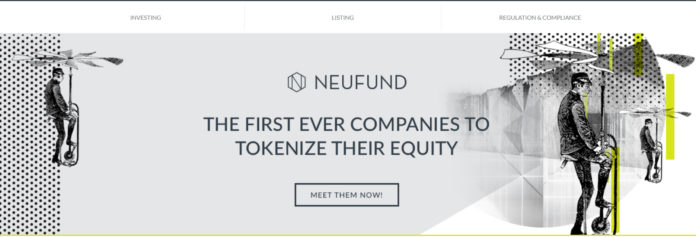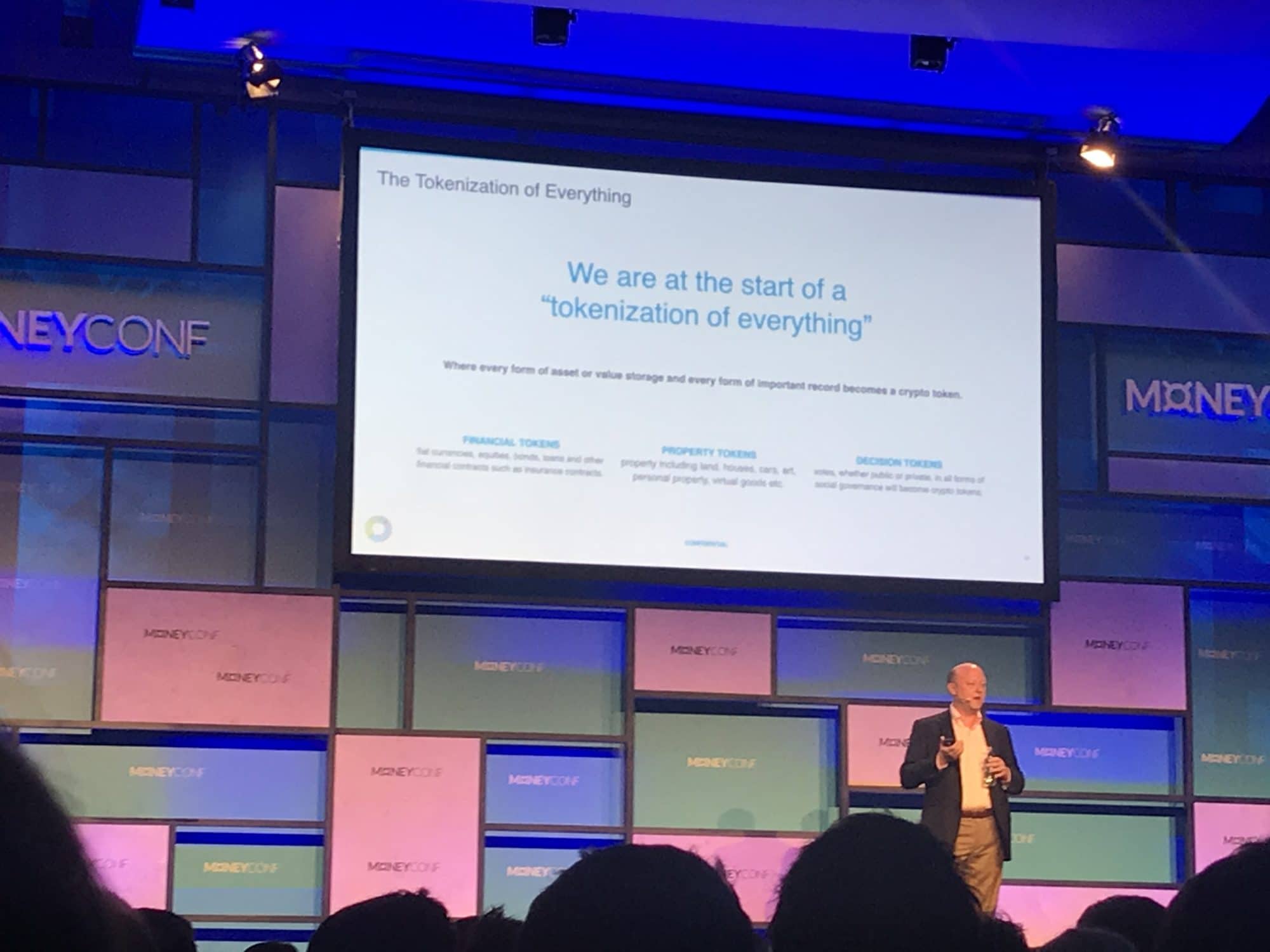
With all the speculation and anxiety about ICO compliance, it’s interesting to hear that this fundraising mechanism is lending itself to off-chain companies as well. Regulation, as we all know, is a hotly disputed debate. While governing bodies in much of the world are dragging their heels, the smart ones are now holding legal ICOs. And in Germany, that’s both blockchain and off-chain companies.
There’s No Such Thing as Legal ICOs
Before you start to protest, let’s set things straight. There really is no such thing as legal ICOs. In the US, to hold a compliant offering, sometimes called a Security Token Offering (STO), a company can make use of existing securities exemptions laws. They are restrictive, expensive, time-consuming, and not ideal. But that’s the best there is for now.
However, in countries such as Germany or Switzerland, more flexible guidelines are in place. This makes for greener pastures for many a crypto company confused or alarmed by lack of clear policy at home. They can hold legal ICOs (token offerings that comply with local regulations) and kickstart their businesses without the fear of receiving a subpoena.
It’s understandable, then, that blockchain companies of all stripes are moving to countries like Switzerland, with even Bitfinex considering the possibility. But, what’s the appeal for off-chain companies to hold an ICO when they have no need of embroiling themselves in a tangled legal web?
Why Would Off-Chain Companies Hold Legal ICOs?
Access to transparent, secure, and fast fundraising at a low cost, for starters. Traditional VC funding is generally a lengthy and tedious process. It can also incur a lot of expense and plenty of rejections before finding a backer. With an ICO, you simply issue a token.
If investors want to buy it they can; if you want to issue more, you can. Issuing equity tokens can provide companies with much-needed liquidity. And then they can trade the tokens on secondary markets (sold like cryptocurrency). Traditional private equity assets, on the other hand, are illiquid by definition.
https://neufund.org/
Agnieszka Sarnecka VP Ventures of Neufund equity fundraising platform explains, “All too often, founders cannot access the value that their company has created. Regardless of its high valuation, in many cases, the owner is still living on a startup salary.”
Holding an ICO would allow the founder to tokenize part (or all) of their company’s equity on the blockchain without having to meet with VCs. In what is called an Equity Token Offering (ETO), the company’s capital can be represented on-chain as tokens.
Neufund is a platform for investors and founders, deeply rooted in compliance. Working directly with both the German and Maltese governments advising them on regulation, they created the Blockchain Policy Initiative with partners including Kraken, Lisk, and Delaware.
Nothing is worse for business than uncertainty. And in the face of uncertainty, this organization is proactive in building a legal and technical framework under German jurisdiction to allow for fully legal ICOs. But, not only for blockchain companies. Now off-chain companies can tokenize their assets as well.
Tokenizing Everything
Speaking at MoneyConf, Co-founder and CEO of Circle Jeremy Allaire stated that we are at the start of the “tokenization of everything.” Every form of asset or value store will become a crypto token. Much of his speech eluded to a glimpse of the future. But in Germany, traditional off-chain companies are already legally doing so.

Jeremy Allaire speaking at MoneyConf, Dublin
We’re used to crypto companies launching some inane token that’s meant to have a utility when its only utility is to raise funds. Says Sarnecka, “In many cases, the token is completely unnecessary and pointless as it does not contribute to the business model of a company, nor does it carry value for token holders.”
Through Neufund, companies and investors from all around the world can fundraise or invest in a legal and secure way. This is possible through a mix of IPOs, ICOs, and traditional VC rounds. Everything is fully compliant under German jurisdiction and companies don’t have to register in Germany to do it. In fact, some of Neufund’s first off-chain companies to raise funds in this way are from India and Sweden.
Differentiating Types of Securities
One of the keys to allowing for legal ICOs (compliant fundraising options) is in distinguishing the type of token being sold. Anyone in the crypto space knows that the very word “security” strikes fear in the hearts of blockchain companies. However, in Germany, things are subtly but importantly different.
“In Germany, there are two types of securities,” Sarnecka explains. “Wertpapiere (stock, Aktien) and Vermögensanlage (share, investment asset). At Neufund, we have created equity tokens which in our view qualify as investment assets. The main difference is that investment assets are easier to handle. They require a prospectus, but in a much lighter form than wertpapiere. That makes them more suitable for start-ups and early-stage companies.”
So far, Neufund has onboarded companies from a wide breadth of verticals spanning automotive, biotech, fintech and banking. Some of the companies include Brille24, Next Big Thing, and Uniti, Swedish electric car.
These are businesses that could not previously access fundraising on the blockchain. All companies and investors are vetted and go through KYC/AML, and it’s fully up to investors in which companies they invest using Neufund’s interface.
So, a tech company, an educative facility, perhaps even a Mom and Pop bakery may effectively be able to tokenize their assets one day. Although, for now, legal ICOs are limited to companies with shares and auditable financials. But the new question to ask should be when–not whether–we will see the tokenization of everything.
The post Off-Chain Companies Can Now Hold Legal ICOs – Here’s How appeared first on CoinCentral.

Coincentral.com is author of this content, TheBitcoinNews.com is is not responsible for the content of external sites.
Our Social Networks: Facebook Instagram Pinterest Reddit Telegram Twitter Youtube










